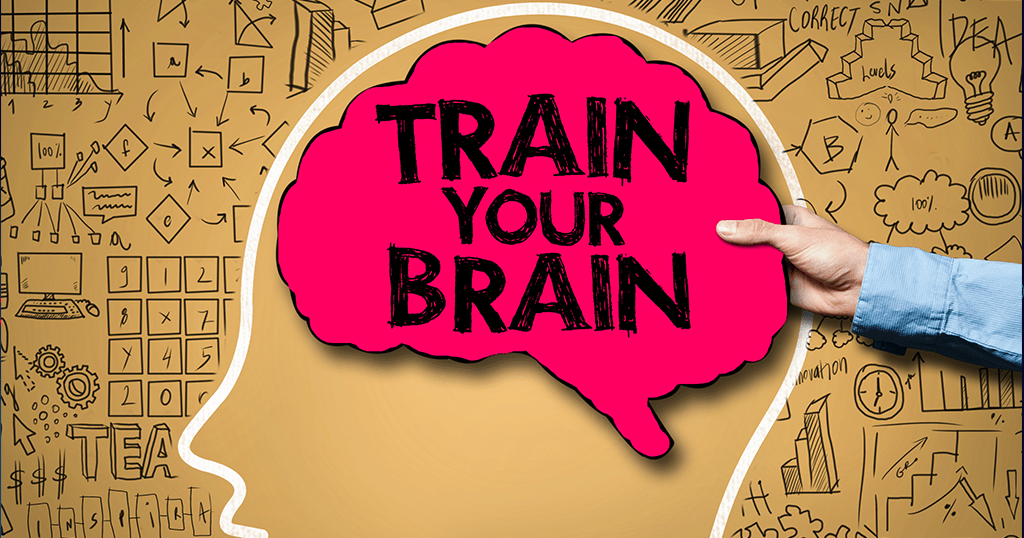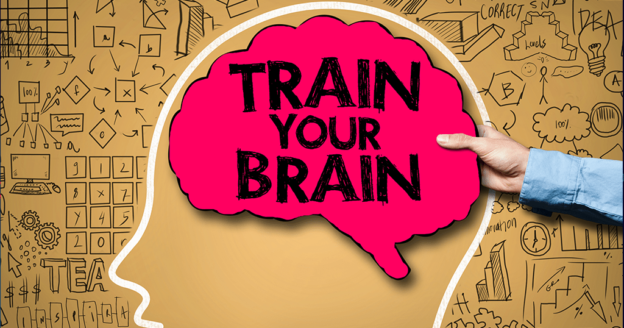The Power of Meditation: How It Impacts the Brain and Boosts Mental Well-being
The Power of Meditation: How It Impacts the Brain and Boosts Mental Well-being
Discover the science behind meditation and its profound impact on the brain and mental well-being. Learn from Dr. Rao, a top neurosurgeon in India, and explore the exceptional care provided at Dr. Rao’s Hospital, a leading neurosurgery center, for a holistic approach to brain health and meditation.
Introduction:
Meditation, an ancient practice with roots in various traditions, has gained significant popularity in recent years. Beyond its spiritual and philosophical aspects, meditation has captured the attention of scientists and neurologists who have delved into its effects on the brain and mental well-being. In this blog, we explore the transformative power of meditation, including insights from Dr. Rao, a leading neurosurgeon in India, and the exceptional care provided at Dr. Rao’s Hospital, renowned for its expertise in neurosurgery.
The Science Behind Meditation and the Brain:
Meditation involves training the mind to focus and redirect thoughts, often achieved through techniques like mindfulness or loving-kindness meditation. Numerous studies have demonstrated the positive impact of meditation on brain structure and function, offering compelling evidence for its benefits.
Dr. Rao’s Expertise in Meditation and Neurosurgery:
Dr. Rao, a distinguished neurosurgeon, recognizes the profound connection between meditation and brain health. With extensive experience in the field, Dr. Rao has witnessed the transformative effects of meditation on his patients’ recovery and overall well-being. His expertise bridges the gap between neurosurgery and holistic approaches, including meditation, for optimal patient care.
The Impact of Meditation on the Brain:
- Structural Changes: Studies have revealed that regular meditation can induce structural changes in the brain. The prefrontal cortex, responsible for attention and decision-making, exhibits increased thickness in individuals who meditate, while the amygdala, involved in the stress response, shows reduced volume. These changes suggest improved emotional regulation and resilience.
- Functional Connectivity: Meditation has been found to enhance connectivity between brain regions, particularly those associated with attention, emotion regulation, and self-awareness. Increased connectivity facilitates cognitive processes, improving focus, memory, and flexibility.
- Stress Reduction: Chronic stress can have detrimental effects on both physical and mental health. Meditation activates the body’s relaxation response, reducing stress hormone levels and promoting a sense of calm. Dr. Rao’s expertise highlights the role of meditation in managing stress and its potential impact on neurosurgical recovery.
- Emotional Well-being: Regular meditation improves emotional well-being and mental health. It helps cultivate a positive outlook, increases self-awareness, and reduces symptoms of anxiety and depression. Dr. Rao’s insights emphasize the importance of meditation in maintaining mental well-being.
- Neuroplasticity: The brain’s remarkable ability to change and adapt, known as neuroplasticity, is influenced by meditation. Regular practice can reshape neural networks, strengthen positive pathways, and weaken negative patterns. Dr. Rao’s expertise highlights the potential of meditation in aiding neurosurgical rehabilitation and recovery.
The Role of Dr. Rao’s Hospital in Integrating Meditation and Neurosurgery:
Dr. Rao’s Hospital is at the forefront of neurosurgical excellence in India, embracing a multidimensional approach to patient care. Recognizing the benefits of meditation, the hospital incorporates meditation programs into its comprehensive treatment plans. This integration acknowledges the interplay between the mind and body, optimizing patient outcomes and well-being.
Benefits of Meditation Beyond Neurosurgery:
- Improved Focus and Productivity: Regular meditation enhances attention and concentration, increasing focus and productivity in various aspects of life.
- Stress Management: Meditation provides practical tools for managing stress and promoting relaxation, improving overall mental health and well-being.
- Emotional Resilience: By cultivating self-awareness and emotional regulation, meditation equips individuals with the tools to navigate challenging emotions and build resilience.
- Enhanced Mind-Body Connection: Meditation deepens the connection between the mind and body, promoting holistic health and overall vitality.
- Quality Sleep: Many individuals struggle with sleep disorders or poor sleep quality. Meditation has been found to promote better sleep by calming the mind, reducing anxiety, and improving relaxation, resulting in more restful and rejuvenating sleep.
- Increased Self-Awareness: Through meditation, individuals develop a heightened self-awareness, gaining insight into their thoughts, emotions, and behavioral patterns. This self-reflection fosters personal growth, self-compassion, and a greater understanding of oneself.
- Improved Overall Well-being: The combination of reduced stress, enhanced emotional well-being, improved cognitive function, and a stronger mind-body connection contributes to overall well-being. Meditation empowers individuals to lead balanced, fulfilling lives.
Incorporating Meditation into Daily Life:
- Start Small: Begin with short meditation sessions, gradually increasing the duration as you become more comfortable. Consistency is key, so aim for regular practice, even just a few minutes daily.
- Find a Technique That Resonates: Explore different meditation techniques, such as mindfulness, loving-kindness, or guided meditation, to find the approach that resonates with you the most. Experiment and choose what feels comfortable and meaningful.
- Create a Sacred Space: Designate a quiet and peaceful space where you can practice meditation regularly. Make it a welcoming environment by incorporating elements like candles, cushions, or calming scents.
- Set Realistic Expectations: Meditation is a journey, and the benefits may take time. Be patient, and let go of any judgment or attachment to specific outcomes.
- Seek Guidance and Support: Consider attending meditation classes, workshops, or retreats to deepen your practice and connect with like-minded individuals. Dr. Rao’s Hospital may offer resources or recommendations for meditation practitioners and communities.
Conclusion:
Meditation offers a powerful pathway to improve brain health, boost mental well-being, and enhance the overall quality of life. With Dr. Rao’s expertise in neurosurgery and his understanding of the transformative effects of meditation, individuals can access the holistic benefits of meditation within the context of neurosurgical care.
Whether you are seeking neurosurgical treatment, exploring ways to enhance mental well-being, or simply interested in incorporating meditation into your daily routine, the synergy between Dr. Rao’s expertise and the exceptional care provided at Dr. Rao’s Hospital ensures comprehensive support and guidance.
Embrace the power of meditation, unlock its potential to positively impact your brain and mental well-being, and embark on a journey towards greater clarity, resilience, and inner peace. Start today and experience the profound transformation meditation can bring to your life.


